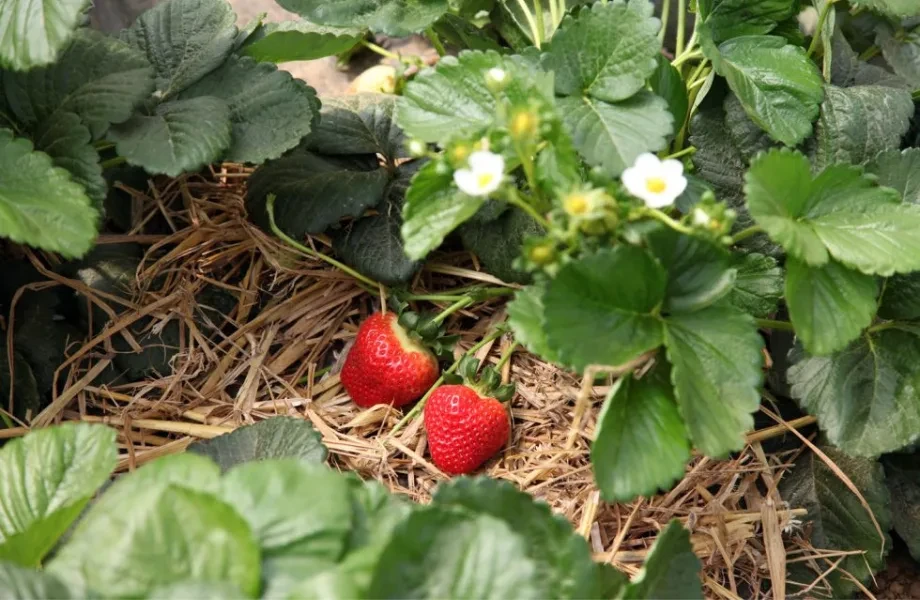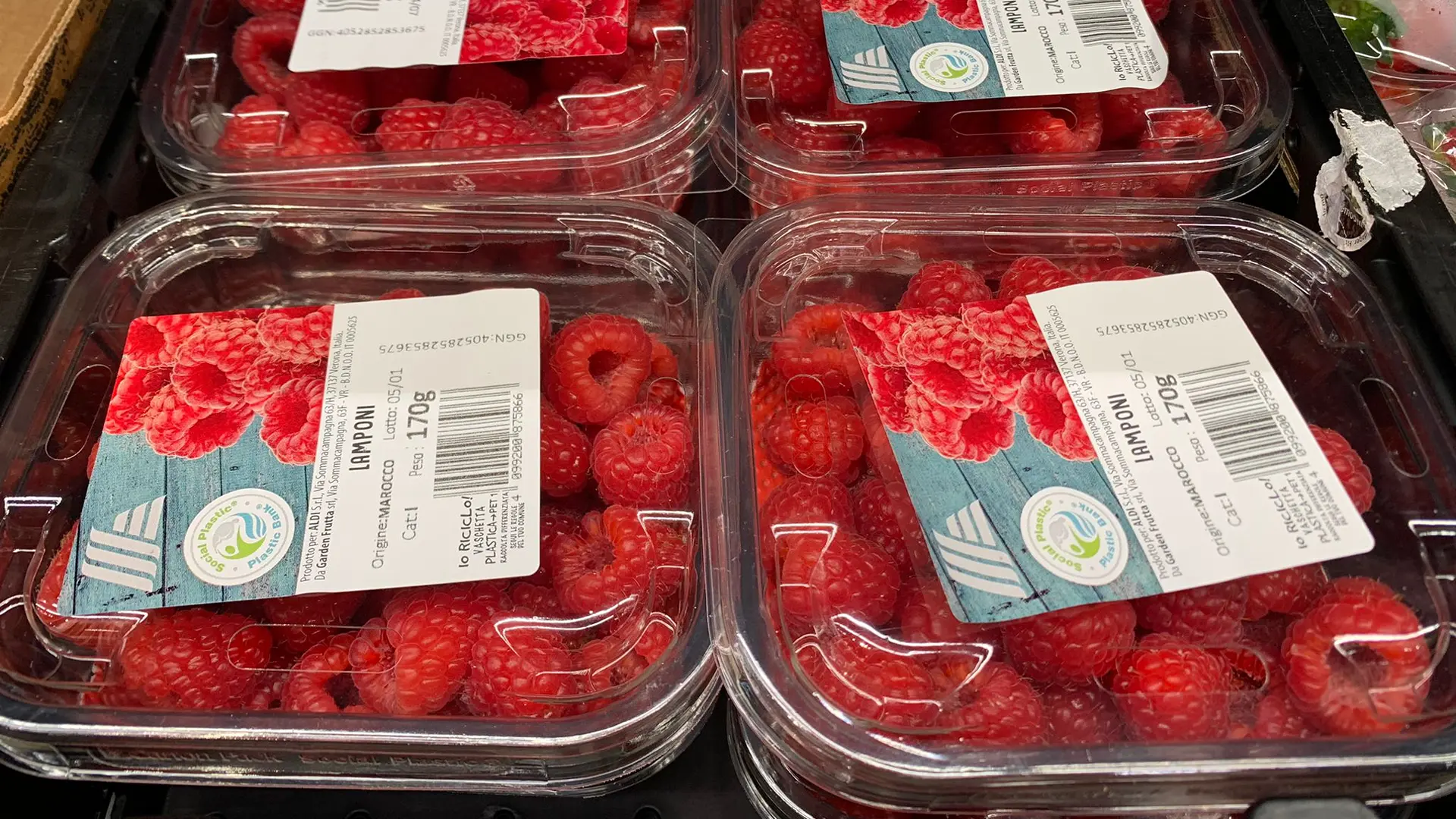Despite the UK berry market reaching a total value of £2 billion (around €2.34 billion) for the first time, producers are sounding the alarm about the future of the sector.
Rising operational costs, increased imports, and insufficient support from major retailers threaten the sustainability of domestic production.
In 2025, the UK berry industry faces a particularly challenging year. According to the British Berry Growers association, 85% of producers have reported a decline or stagnation in revenues over the last three years.
At the same time, the market share of UK berries has decreased by 2.54%, while imports have increased by 15.11%.
At-Risk Growth
The sector has seen significant growth over the past decade, doubling its value since 2015, when it first surpassed the £1 billion threshold (about €1.17 billion). In just the past year, sales volume increased by 4.3%, bringing market penetration (the percentage of consumers purchasing berries) to 85.3%.
"We are proud of this achievement and the resilience shown by the sector," said Nick Marston, Chairman of British Berry Growers. "However, it is clear that there are real risks threatening our future. Major retailers must play a key role in supporting domestic production."
Rising Costs and Foreign Competition
A critical factor is the rise in production costs. The average price of berries has increased by 6.9% in the past year, contributing to the market value growth. However, operational costs continue to rise: between 2020 and 2023, 71% of producers recorded an increase in costs of over 20%, while 85% saw revenue growth at a slower pace.
One of the main factors is the increase in the minimum wage in the UK, which has risen by 59% from 2016 to 2024, having a significant impact on a sector highly dependent on labor.
Furthermore, the average price paid by retailers to producers between 2020 and 2023 increased by only 11.2%, while non-wage costs grew by an average of 37%.
A Call to Action
In addition to the cost pressures, UK producers are facing growing competition from imports. Despite the overall berry market expanding, the share of domestic production has decreased in favor of imported berries.
Marston emphasized the need for collaborative action between retailers, policymakers, and industry players to ensure the sustainability of UK production. "Without concrete support, growers will struggle to expand production and meet the growing demand for local berries. It would be a missed opportunity to increase the self-sufficiency of the UK in the agricultural sector."
Source text and images: britishberrygrowers.org.uk








